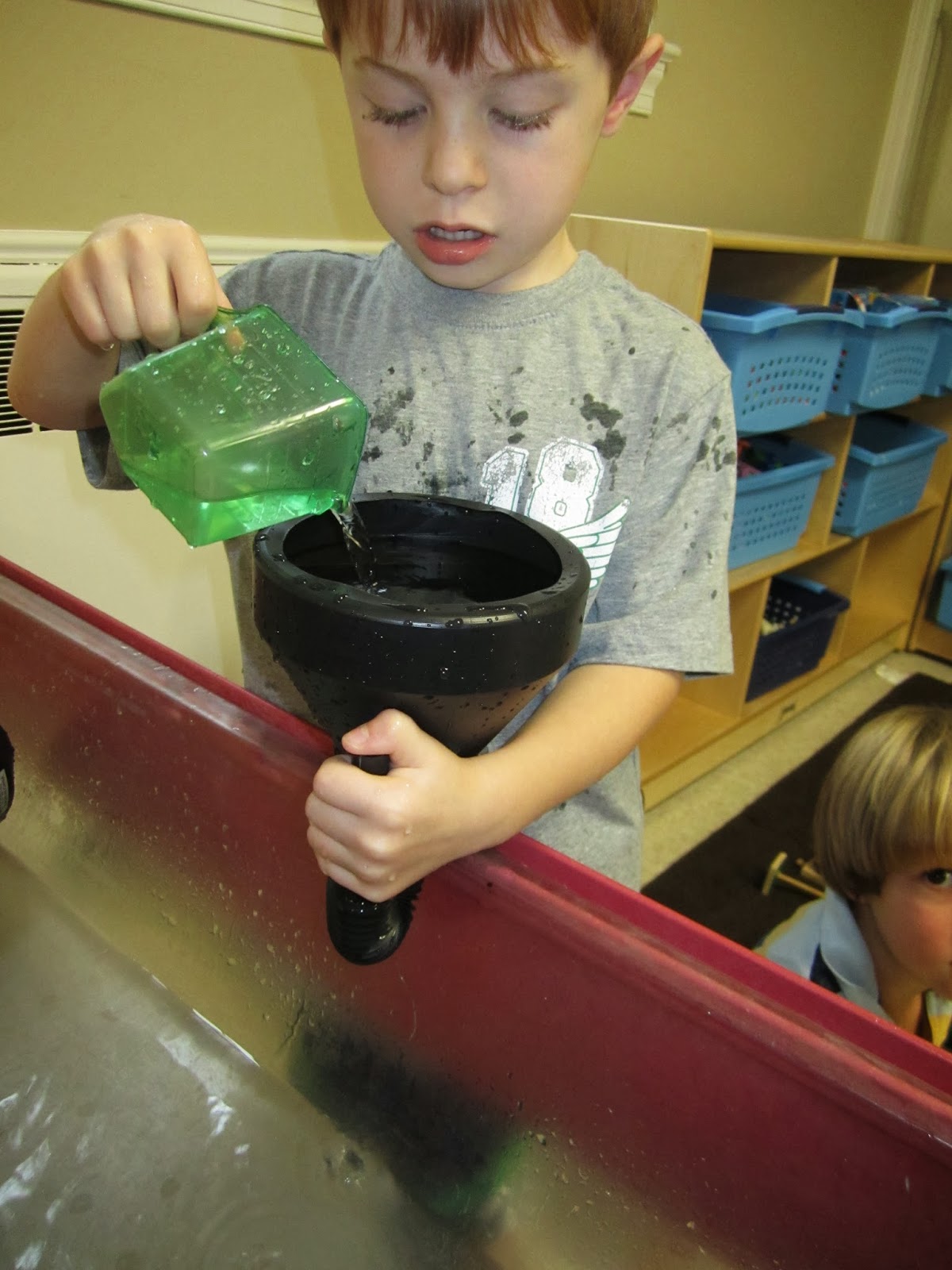Deeper understanding of the NSTA Early Childhood Science Education position statement
Members of the NAEYC's Early Childhod Science Interest Forum (ECSIF) contributed as members of the committee to write the National Science Teachers Association's new position statement on Early Childhood Science Education. Now member Karen Worth, faculty member and chair of
the Elementary Education Departmentat Wheelock College, shares an in-depth look at the position statement and how it can be implemented. Listen in on a conversation between Worth and the science teacher hosts of Lab Out Loud, Dale Basler and Brian Bartel, as they delve into
the new NSTA Early Childhood
Science Education position statement, in Episode 108: Science in Early Childhood Education. This conversation is a mini-course on what children
are capable of at ages 3-5 years old, and how to best support their science
learning. It is a compelling statement on how intentional science teaching in
preschool builds on children’s non-focused exploratory play.
 Listen to the entire podcast, perhaps more than once, to gain insight
on strengthening your science teaching. See the resources that
go beyond the “science activity book format” on the Lab Out Loud website to
find out how to provide a series of activities that build conceptual
understanding. Share this conversation with your colleagues and the parents of
your children! Listening to it and discussing after will make great
professional development at a teachers’ meeting or pre-service class.
Listen to the entire podcast, perhaps more than once, to gain insight
on strengthening your science teaching. See the resources that
go beyond the “science activity book format” on the Lab Out Loud website to
find out how to provide a series of activities that build conceptual
understanding. Share this conversation with your colleagues and the parents of
your children! Listening to it and discussing after will make great
professional development at a teachers’ meeting or pre-service class.
Read more about the podcast on the NSTA Early Years blog. Join or connect with the ECSIF on our NAEYC Interest Forum page or on Facebook.
 Listen to the entire podcast, perhaps more than once, to gain insight
on strengthening your science teaching. See the resources that
go beyond the “science activity book format” on the Lab Out Loud website to
find out how to provide a series of activities that build conceptual
understanding. Share this conversation with your colleagues and the parents of
your children! Listening to it and discussing after will make great
professional development at a teachers’ meeting or pre-service class.
Listen to the entire podcast, perhaps more than once, to gain insight
on strengthening your science teaching. See the resources that
go beyond the “science activity book format” on the Lab Out Loud website to
find out how to provide a series of activities that build conceptual
understanding. Share this conversation with your colleagues and the parents of
your children! Listening to it and discussing after will make great
professional development at a teachers’ meeting or pre-service class.
It's official! The National Science Teachers Association (NSTA) recently adopted a position statement addressing the importance of science learning for children in the earliest years of their lives. The statement, Early Childhood Science Education, asserts that learning science and engineering practices at age 3 through preschool can foster children’s curiosity and enjoyment in exploring the world around them while laying a strong foundation for science learning in K–12 settings and throughout their entire lives.
ReplyDeleteSee the full NSTA press release at http://www.nsta.org/about/pressroom.aspx?id=60103